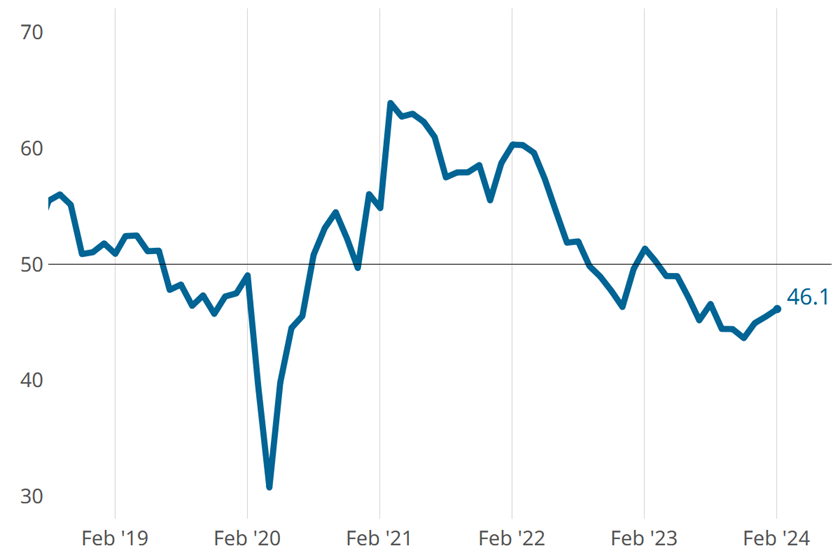Winning the Game—Month by Month
Why meeting goals and wrapping up loose ends to meet monthly goals makes good business sense.
Ah April. Finally, another long winter behind us and a sports fan's thoughts turn to baseball. Of all the mainstream sports, my favorite. Just imagine. Down by three runs with two outs and a full count in the bottom of the ninth. Bases full. The cleanup batter at the plate and the ace closer on the mound. The pressure is on!
Ah April. Finally, another long winter behind us and a sports fan's thoughts turn to baseball. Of all the mainstream sports, my favorite. Just imagine. Down by three runs with two outs and a full count in the bottom of the ninth. Bases full. The cleanup batter at the plate and the ace closer on the mound. The pressure is on!
Reminds me of the last few days of a month in a surface finishing operation. In every company I have run, we have focused maniacally on hitting our numbers (Net Income, Cash Flow, Days Sales in Accounts Receivable, Labor and Chemistry as a percentage of sales, etc.) at the end of the month. Inevitably, someone new to the team will ask something like, "Why are we so obsessed with recognizing as much revenue as we can each month? Isn't the difference between April 30 and May 1 just one day?"
I usually respond by drawing an analogy. And since we're already on the subject of baseball, consider the situation above. What's the big deal about whether we get a hit; don't we get 27 outs to try to score a run in the next game? Yes! But the problem is that in between the two we figure out who wins and who loses.
So, in answer to the question about why we obsess about the end of the month when the difference between April 30th and May 1st is just one day, my answer is that in between we produce something called an income statement—a record of whether we won or lost in that particular month.
While this has been my philosophy for years, it turns out I'm not the only one who thinks this way. As none other than energy tycoon T. Boone Pickens noted in his recent autobiography, "Every year we take the approach of a football team with a twelve game season. Each game represents a month of trading… That's the way we talk about it. Every month is like a game, but not like a regular season game. Every month is like the Super Bowl, and everything is about the team. Everyone is a player, and no one is a superstar." (T. Boone Pickens; The First Billion is the Hardest; Three Rivers Press; 2008)
So why focus so heavily on monthly performance? Consider these reasons:
- How else would we keep score? If monthly seems arbitrary it is no less so than any other period of time—daily, weekly, 13 periods, annually, etc. A month seems about right—just long enough to smooth out anomalies and spikes or lulls in revenue or productivity, yet short enough to keep the team focused.
- Parkinson's Law. My definition of Parkinson's Law, stolen from my father who for all I know stole it from someone else, is that "The Quantity of Work Expands to Meet the Time Allotted." In other words, we will take as much time to complete a task as the time we are given to complete it. Knowing that our performance will be measured at the end of the month provides the incentive to accomplish as much as we can before the month comes to a close.
- The mental impact of starting from scratch. Pounding work out at the end of the month keeps the pressure on the sales team. If the backlog of work is reduced to zero or near zero, the sales department cannot rest on its laurels but rather starts each month with its back to the wall, knowing that it must find new jobs in order for the company to hit its monthly goal.
- The value of tying up loose ends. When we scramble at month's end to ship as much as possible, we also put the pressure on the organization to tie up loose ends, such as orders waiting to be reworked or those waiting on information from the customer. This practice, in turn, prevents the organization from getting too far behind with customers.
So in answer to anyone who questions the wisdom of pushing hard to meet monthly goals, I offer the preceding. And if it's good enough for billionaire T. Boone Pickens, it's good enough for me.
















